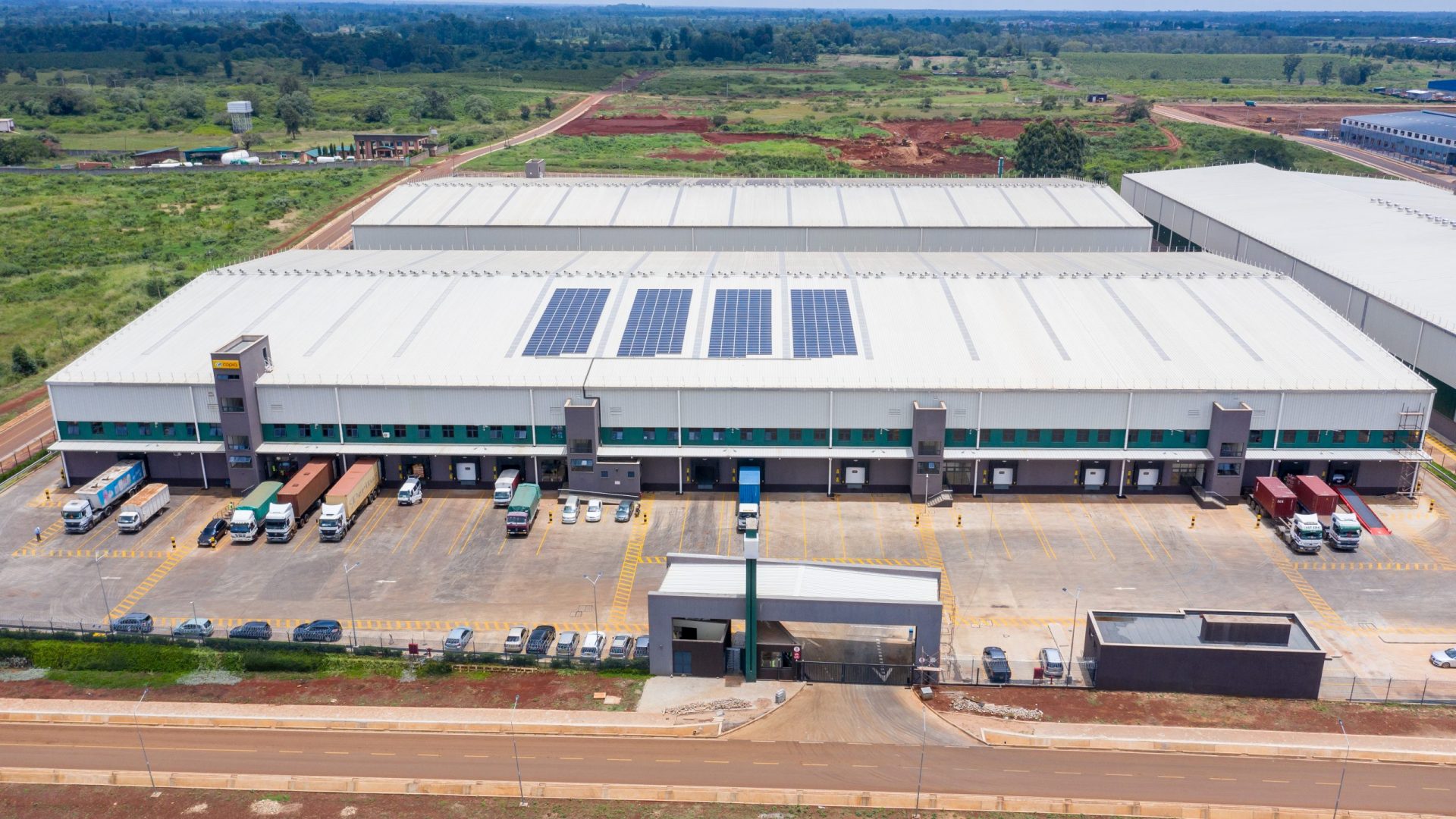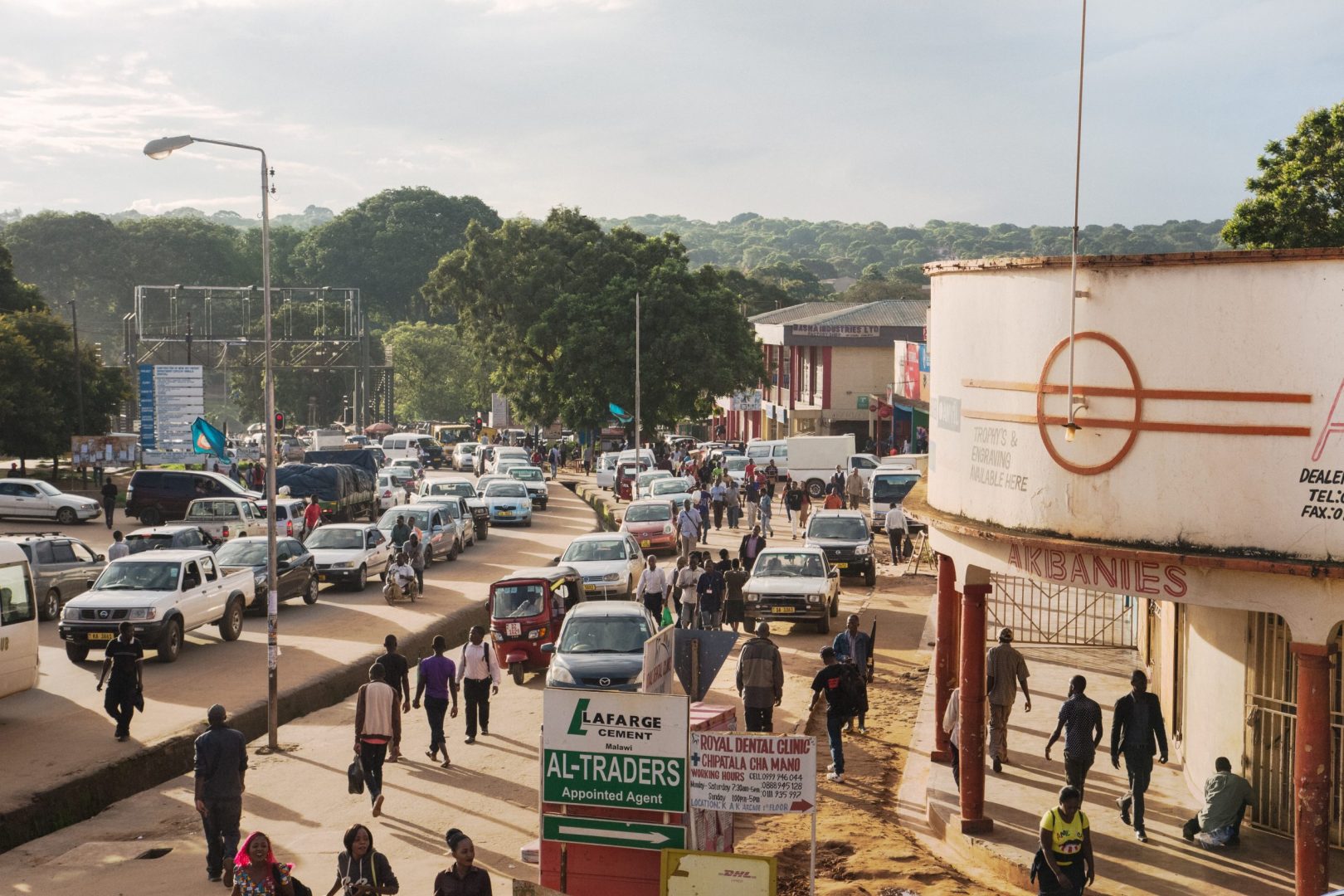The Covid-19 pandemic has brought to the forefront the need to strengthen healthcare systems across the globe. This is particularly evident in Africa, where we invest. Across the continent, hundreds of millions of people still lack access to basic healthcare, and public systems alone are not able to bridge this gap. Sub-Saharan Africa has 3 per cent of the world’s health professionals serving 11 per cent of the world’s population. The region carries 24 per cent of the world’s disease burden and in Kenya alone, an estimated 400,000-plus households are still unable to seek medical care.
In 2017, CDC invested in the Medical Credit Fund (MCF) via our Catalyst Funds to increase access to quality healthcare for underserved populations, through building scale and quality across the healthcare value chain.
MCF focuses on improving access to debt financing for small and medium-sized companies (SMEs) in the health sector in sub-Saharan Africa and works with financial partners (banks, non-bank financial institutions) to provide these loans to the health sector. Loans range from $100 for digital working capital loans to $2.5 million for term loans and are typically in local currency. The loans are often combined with a technical assistance programme focused on business and clinical quality improvements, which is implemented using the internationally recognised SafeCare standards.
At the end of 2019, we set out to examine the impact of MCF’s credit financing on business and clinical outcomes at its healthcare facilities in Kenya. Through more than 100 field interviews with healthcare facilities, we wanted to shed light on the role credit financing can play in strengthening a healthcare system that is severely underfunded and lacks the capability to respond optimally to a growing demand for healthcare in Africa. The results of our study are outlined in our Insight report ‘What is the impact of improved access to finance for healthcare facilities in Kenya?’
Overall, our study finds that MCF loans are an important source of finance for healthcare facilities and that 80 per cent of clinics taking up loans from MCF show solid improvements in their SafeCare ratings, an indication of the quality of care and clinic management. All MCF clinics surveyed were able to increase the number of patients served by 20 per cent per year as well as grow staff numbers and revenues.
Interestingly, we also found similar levels of improvement at a group of clinics receiving technical assistance for improving business and clinical quality but without loans from MCF, suggesting a potentially important role for targeted technical assistance in strengthening the capabilities of SME health clinics in providing quality healthcare. This finding is further corroborated in a forthcoming market entry study that MCF has carried out with support from CDC Plus, to better understand the private health sector and opportunities for investment and expansion into French-speaking West Africa.
It is clear that significant gaps remain in quality healthcare provision across Africa. Low quality of care, insufficient number of clinical staff, limited medical equipment and drug stock-outs are a reality that many patients face when seeking medical care. Providing simple yet powerful bundling of financing and technical assistance will be needed to upgrade the ability of African clinics to serve the millions of patients who are in dire need of quality healthcare.
Based on our study, some recommendations for credit providers in the healthcare sector include:
- Untapped potential for improvement may exist among clinics receiving loans without technical assistance. While the study set out to test the impact of credit financing, and not the impact of technical assistance itself, the overall strong positive changes observed at all surveyed clinics receiving technical assistance without loans suggests that operational support may have significant benefits for both clinical and business performance.
- Exploring ways to automatically bundle credit financing with technical assistance may be important, acknowledging that clinic owners are often cautious to pay the up-front costs. This includes testing different kinds of loan and technical assistance bundling and/or improving the positioning of technical assistance as a productive investment to clinic owners. Further developing technology-driven solutions to bring down costs and unlock access to technical assistance at lower costs may be equally important, while recognising that in-person training and interaction for specialist areas will likely be needed to continue to support clinics in their capacity building.
- Providing targeted training on financial management could help clinics to manage their finances and growth more effectively. This includes basic training on areas like budgeting, accounting, and record-keeping as well as training to support implementation of best practices.
- Especially in Africa, data collection is still a costly and laborious task and exploring structured, yet easy, ways for better data collection will be important. MCF is already exploring digital channels to address some of the challenges of obtaining clinic data and to facilitate loan disbursements and tracking of progress.
Continued efforts by development finance institutions (DFIs), private investors and donors are important to identify and address barriers to finance faced by smaller health clinics otherwise shut out by formal finance. This includes providing more accessible loan options and using digital solutions that make credit appraisals easier, along with cash-flow based solutions that do not require collateral. Lending should be coupled with adequate focus and investment into targeted technical assistance where needed.
Strengthening both clinical and business performance for a broader set of healthcare facilities across the African continent will rely on financing providers like MCF building significant scale in their operations and reach. Continuing to identify and back innovative models with a large reach across under-served regions and target populations will continue to be a vital route for CDC to deliver meaningful impact at scale.












